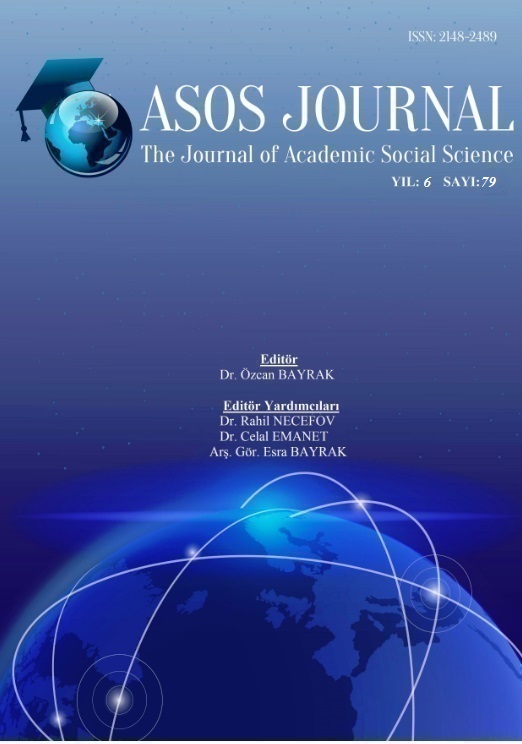Author :
Abstract
Doğu Blokunun 1945 sonrası Sovyetler Birliği’nin uydusu olması hem tarihsel hem toplumsal alanda önemli değişimlere neden olmuş, özellikle sinemayı hem olumlu hem de olumsuz yönde etkilemiştir. Polonya sinema tarihinin en yaratıcı dönemi olarak da adlandırılan bu dönemde iki önemli sanatsal akım ortaya çıkmıştır. Bunlardan ilki, 1956-1961 arasında siyasetin yumuşamasının ürünü olan “Polonya Film Okulu” diğeri ise 1975-1981 arasında Dayanışma Sendikasının gücüyle birleşen, “Ahlaki Kaygı Sineması”dır. Bu makalede Polonya sinemasının Sovyetler Birliği döneminde sinemanın devletleştirilmesi sürecinden başlayarak, Polonya’da her türlü politik kısıtlamaya karşın sinemanın gelişimi ve Polonya Film Okulu(1956-1961) döneminin sonuna kadar incelenecektir. Bu nedenle doğu bloku ülkelerinde resmi sanat anlayışı olarak kabul edilen sosyalist gerçekçiliğin sinemadaki karşılığı ve Polonyalı yönetmenlerin bu sanat anlayışına direniş yöntemlerinin neler olduğu ve özellikle Stalin’in ölümünden sonra siyasetin yumuşamasıyla, sinema adına yapılan yenilikler araştırılacaktır.
Keywords
Abstract
The formation of the Eastern Bloc as a satellite of the Soviet Union after 1945, has caused significant changes both in the historical and social arena, especially in the positive and negative aspects of cinema. In this period, which is also called the most creative period of Polish cinema history, two important art movements have emerged. The first of these, The Polish Film School, which is the product of the softening of politics between 1956 and 1961.The other is "Moral Anxiety Cinema" that combines with the power of the Solidarity Union between 1975 and 1981. In this article, Polish cinema during the Soviet Union despite all political restrictions in Poland, the development of the cinema will be examined starting from the process of socialization of cinema until the end of the Polish Film School (1956-1961) period. For this reason, the socialist realism, which is accepted as formal artistic understanding, and what are the ways Polish directors resist this artistic understanding and innovations made in the name of cinema will be examined especially with the softening of politics after Stalin's death.
